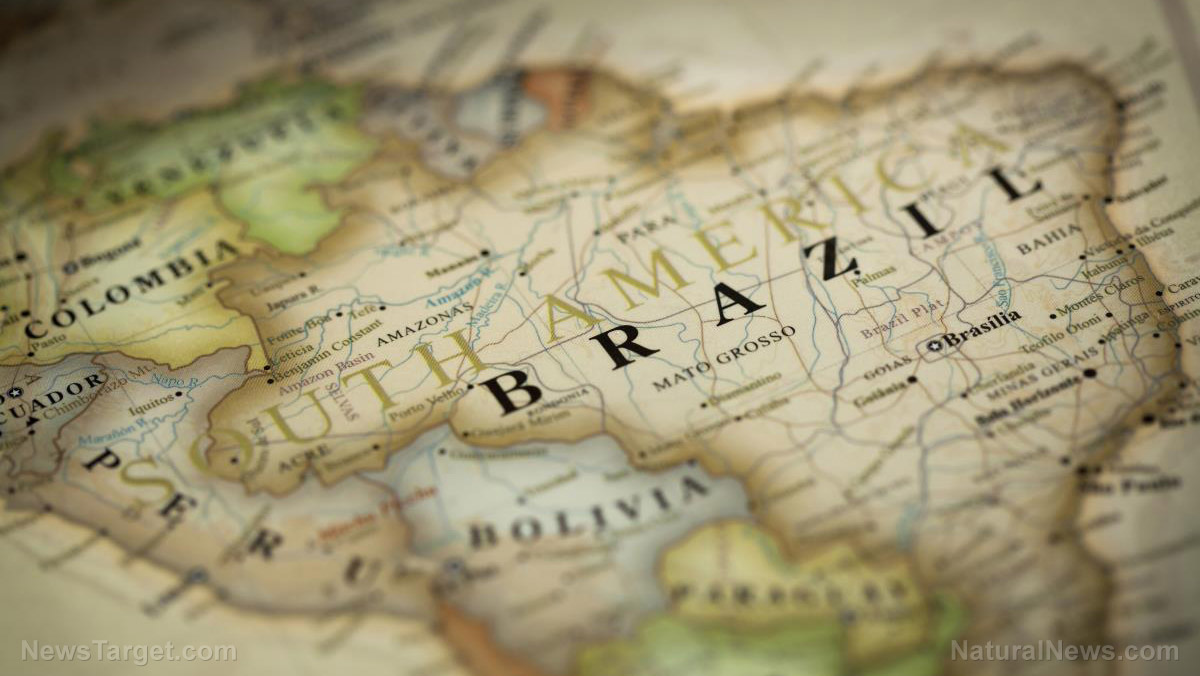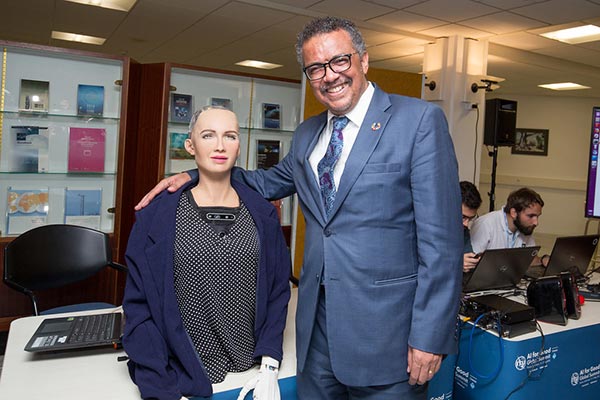As Brazil suffers deadliest day of outbreak, Bolsonaro insists people get back to work
05/26/2020 / By Ralph Flores

Brazil reached a grim milestone on May 19, as its daily deaths from the Wuhan coronavirus (COVID-19) hit over 1,000 for the first time. The country has 310,087 confirmed cases, according to data from Johns Hopkins University, but public health experts believe the actual caseload is higher because of insufficient testing.
Despite these figures, President Jair Bolsonaro has continued to brush aside the risks of COVID-19, rallying supporters to flout local stay-at-home orders and follow his directive to go back to work.
His handling came to a head on May 15, when Nelson Teich, his newly appointed health minister, resigned – just weeks after Bolonsaro sacked his predecessor over clashes on lockdown measures.
The ongoing political turmoil has further complicated the country’s pandemic response. As of press time, Brazil has the third-highest number of coronavirus cases in the world, following Russia and the United States, as well as the highest daily death rate after the United States.
Public health experts have also expressed concern that Brazil’s disorderly approach can sink its healthcare system – and, by consequence, the economy – further. According to credit rating agency Moody’s, Latin America’s largest economy could contract by as much as 5.2 percent this year, its steepest recession in history.
A shadow of its former self
Brazil’s current response to the pandemic is a far cry to its track record for nimble responses to healthcare challenges in the past.
“Right now everything is completely disorganized and no one is working toward joint solutions,” said Marcia Castro, a global health expert at Harvard University who is originally from Brazil. “This has a cost, and the cost is human lives.”
The country, in particular, has come up with novel solutions to medical crises in the past. When HIV cases surged in the 1990s, Brazil offered free and universal treatment, and even pushed drug companies to lower costs. The health department even developed its own generic version of the drug, which reduced HIV prevalence in the country.
According to Tania Lago, a professor of medicine at Sao Paolo’s Santa Casa University who worked in the Ministry of Health in the 1990s, the country’s past success was the result of investing in science and empowering scientists.
“Now there’s been a rupture in the nation with its scientific community,” she told the New York Times. “What saddens me is that we are and will continue to lose lives that could be saved.”
Fractured relations
Despite the grim figures, Bolsonaro has downplayed the risks of the coronavirus and has even urged Brazilians to return to work. Last week, he issued an executive order classifying gyms and beauty salons as essential businesses that should remain open – a move that went against state and local measures, and caught his own health minister by surprise.
To make matters worse, public health experts say that Brazil’s caseload has yet to reach its peak. Data compiled by Imperial College London shows that the country had the highest contagion rate among 54 countries. In addition, the Institute for Health Metrics and Evaluation model, which is also used by the White House, predicts that the virus will kill 88,000 more people before summer.
The political turmoil has also hurt the country’s ability to respond to the virus. In Maranhao State, which has over 16,000 cases, Gov. Flavio Dino said that the federal government has been an obstacle to that state’s efforts to shop for ventilators and put up field hospitals.
Meanwhile, in Amazonas State, which has over 25,000 cases, the healthcare system has all but collapsed, with hospitals filled beyond capacity and cemeteries resorting to mass graves to deal with the deluge of bodies. Mayor Arthur Virgilio Neto of state capital Manaus, who has repeatedly urged for federal assistance – sometimes, in tears – says Bolsonaro is part of the problem. (Related: Pandemic conditions in Manaus, Brazil, are like a “horror movie.”)
“People never stopped roaming the streets; there has been flagrant disregard for our decrees,” he added. “He is against social distancing, and that explains part of the disobedience.”
Pandemic.news has more stories on the ongoing coronavirus outbreak.
Sources include:
Tagged Under: Brazil, China, Collapse, coronavirus, covid-19, deaths, disease, economy, Fatalities, global emergency, Global Pandemic, infections, jobs, Manaus, novel coronavirus, outbreak, pandemic, virus, Wuhan coronavirus




















